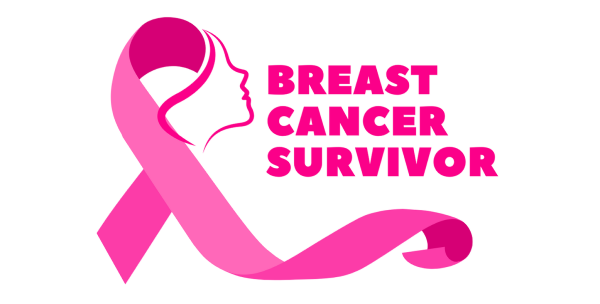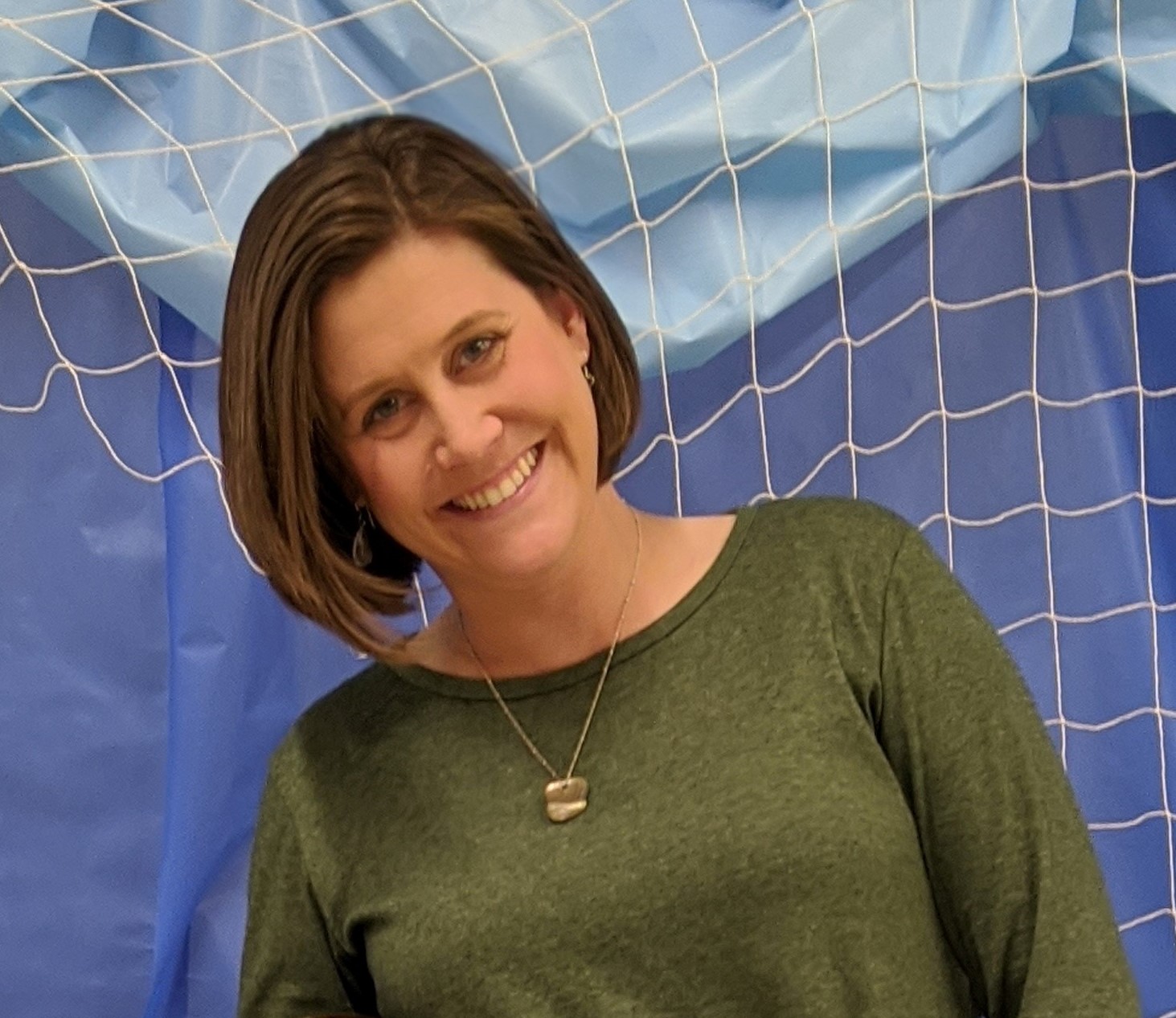Wearing My Little Pink Ribbon: A Breast Cancer Survivor's Journey with Mental Health
- Written by Kellen Wolters

Fighter, Warrior, Survivor, Inspiration. All these words have been used to describe me within the past year. By family, friends, and acquaintances. These words give me a boost of confidence, a sense of accomplishment and an ounce of hope, but one word is missing when discussing this cancer journey. HUMAN.
I was diagnosed with Stage 3, triple negative, Invasive Ductal Carcinoma breast cancer on October 23, 2020, at the age of 35. Suddenly, I was a pink statistic. To say I was shocked is an understatement. This news completely rocked my world. But I quickly met with my medical team, learned my course of treatment and began the process of beating cancer. My life for the past 12 months has been a slew of treatments, blood draws, doctor’s appointments, sick days, feel-good days, family check-ins and socially distanced friend visits. I was on a path, determined to beat this. “Keep going” “Fight like a girl” “I’ve got this”. I was told that a positive attitude is as important for my recovery as chemotherapy, and I desperately tried to keep hold of hope even through feelings of fatigue and desperation.
I was gifted so many pink items, and I was suddenly the embodiment of inspiration awareness. Honestly, I despised the color pink and everything it represented. Every time I saw that little pink ribbon emblem, I felt like it was mocking me, and I felt angry, sad and overwhelmed most days. I was flooded with questions regarding my blood counts, tumor markers and pain level on a weekly basis, and I was honest when I was feeling sick or uncomfortable. But, I was never honest with myself about my emotional health. I needed to stay positive to survive.
Now, as I wrap up active treatment, I find myself finally able to focus on the mental health aspect of this cancer experience, which, in my opinion, is as equally important as removing the cancerous tumor. People who have experienced cancer treatment are as flooded with complex emotions “after” treatment as they are at the beginning, but personally, I am not seeing enough being done about taking care of one’s mental health along side the physical treatments and especially in the aftermath of treatment when individuals are learning how to go on when they are no longer “sick”.
This year I have met and connected with other warrior women fighting for their lives, and I am inspired by their strength and vulnerability. The connection with other survivors allowed me to realize the danger of telling people that a positive attitude is required to fight cancer. Women need to feel safe to express their true feelings about this experience.
I now have learned what that little pink ribbon actually represents. It’s not just a symbol of awareness. It’s a symbol of hope and solidarity. It represents the entire journey of being a breast cancer survivor. The good, the bad and the ugly.
The American Cancer Society reports that at this time there are over 3.8 million breast cancer survivors in the United States. These are women who are still being treated or have completed treatment. How do we, as people who have survived breast cancer cope with life “after”? It’s simple. We continue to fight. We continue to survive. We take care of our mental health the same as we are addressing our physical health, by reaching out to a professional when we need extra support. We change the narrative of “fight like a girl” by learning the signs of a mental health condition and recognizing the symptoms within ourselves. We share our whole story with other survivors and our community to bring awareness to not only early cancer screenings, but early detection of emotional changes. And we stand up for those who may have lost their voice and we advocate for better mental health for all.
Going forward, I will wear my pink ribbon with pride. And when people ask about my journey, I will boldly share my entire story, because opening up and being honest is the only way the conversation around mental health will change.
About the Author
 Kellen Wolters serves as Chapter Board Co-Chair for the Missouri Chapter of the American Foundation for Suicide Prevention. She also is the Event and Database Coordinator for Mental Health America of Eastern Missouri.
Kellen Wolters serves as Chapter Board Co-Chair for the Missouri Chapter of the American Foundation for Suicide Prevention. She also is the Event and Database Coordinator for Mental Health America of Eastern Missouri.






















